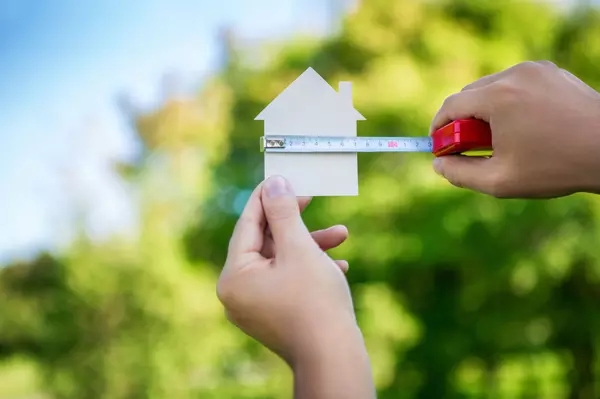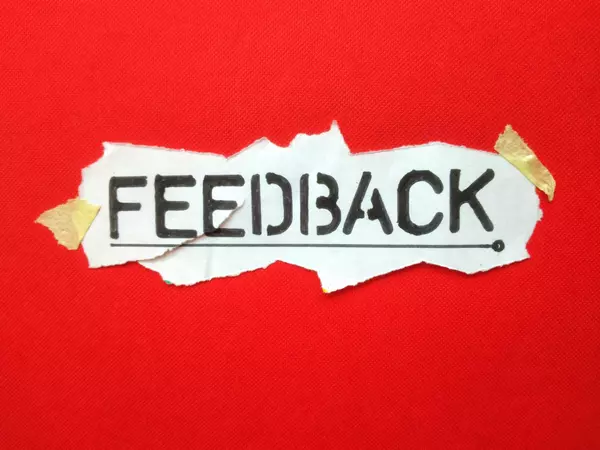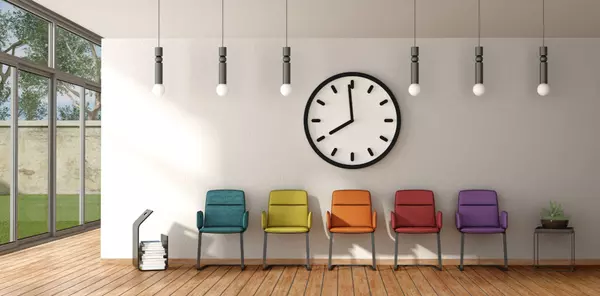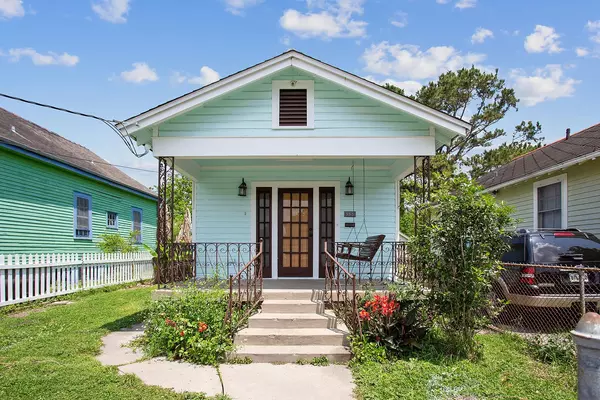
What a Seller Paid Has Nothing to do With Real Estate Prices
Buying New Orleans Real Estate When it comes to New Orleans real estate, we often encounter buyers who tend to focus on comparing the asking price to what the owner paid in the past, regardless of how long ago it was. But, let's be clear: there are several reasons why the seller's purchase price should not influence what a buyer should see as a fair offer. Markets and values change As you may already know, home values can fluctuate based on supply and demand. Take, for example, what happened in New Orleans post-Katrina. On the West Bank, houses sold for significantly higher prices in October 2005 compared to July 2005. Similarly, when the condo rush hit the Warehouse District in 2016, prices shot up by more than 40% in just 18 months. Interestingly, these events didn't take into account what an owner originally paid for their property. Improvements = Value This is for all the folks out there searching for renovated properties. Just because an investor managed to snag a house for a great price doesn't mean they didn't put in significant time, effort, and money into the remodel. Remember, the purchase price has absolutely nothing to do with the final result and value. PRO TIP: Some savvy buyers have started looking into the permits pulled by renovators to assess the value of the renovations. However, what many forget is that permits only cover a portion of the costs. There's also the valuable time (which equals money), skilled labor (which is even more money), and additional improvements (which also pile up the expenses) that didn't require any permits at all. Your REALTOR Can Help At our agency, pricing is our expertise. Before our clients submit offers, we make sure to provide them with comparable sales information and have a friendly discussion about the listing price as well as the selling prices of similar homes. READ MORE HOME BUYING ADVICE
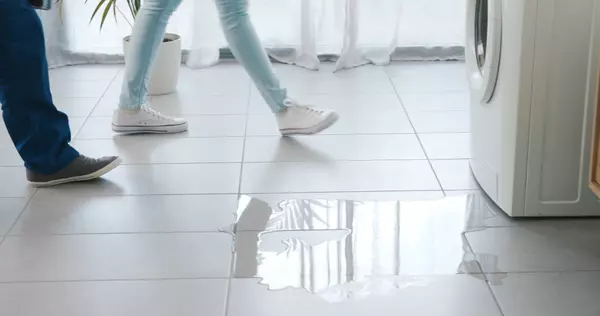
What is a Home Warranty?
What is a home warranty? When purchasing a home in New Orleans, especially an older one, it's common for buyers to wonder about the lifespan of mechanical systems and appliances. And it's understandable! Air conditioners may fail, water heaters may spring leaks, and stoves may decide to stop lighting. The joys of homeownership mean you have to deal with these issues as they arise. But a home warranty can bring you peace of mind, ensuring that you'll be covered if something breaks after you've moved in. While homeowners' insurance primarily covers property damage and the structure of your house, a home warranty is there to provide protection for your appliances and systems. It's a wise investment to ensure the safety of your home but remember, it's not a substitute for homeowners' insurance. Also, manufacturer warranties may cover certain home systems for recent home purchases. What’s covered by a home warranty? There are several different levels of home warranties, but here’s what is usually covered by them. Heater and Air conditioner Ductwork Drain line stoppage and plumbing leaks Hot water heaters Garbage Disposal Electrical systems Garage door openers Dishwashers Trash compactors Oven/range/cooktop Built-in Microwaves Washer/dryer/refrigerator There are some premium warranties (at a higher cost, of course) that will cover swimming pools, roof leaks, slab leaks, and septic tanks. What’s the cost of a home warranty? Every home warranty company is different, but the warranty will generally cost around $750 for one year of coverage. Each time an owner has to call for repairs, there will be a trade call fee of about $100. Try getting a plumber to show up for that price! Like any other insurance policy, there are limits to coverage. PRO TIP: Ask your agent how to negotiate a warranty as part of your home purchase. Renewing your home warranty As a homeowner, you have the option to renew the warranty every year, but it’s at the discretion of the warranty company. This basically means if you’ve had too many claims, they won’t renew after that first year. Have questions about home warranties and home buying? Give us a call at 504-327-5303 and we’ll be happy to tell you more.
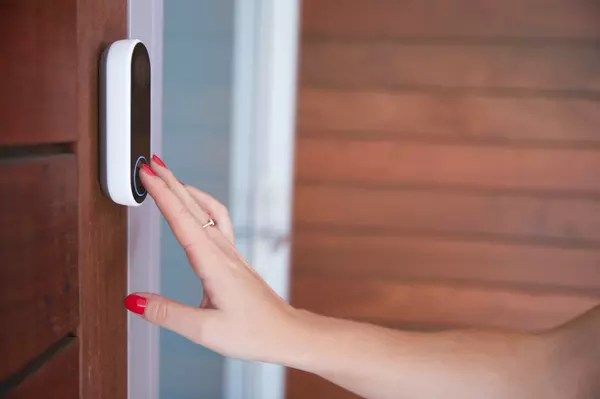
Watch for Ring Doorbells When Home Shopping
Ring Doorbells Are Your Signal to Keep Quiet In recent years, there has been a significant increase in homeowners installing Ring Doorbells. These doorbells have the ability to record both audio and video of porch activities, even without ringing the bell. Motion detectors activate and start recording as soon as someone enters the designated area. What does this have to do with home buying? Home buyers need to be aware of privacy concerns. Whether you like it or not, you're being recorded. This is not the moment to discuss your budget, preferences, or anything you wouldn't want the seller to know. Just imagine how compromising it would be if the homeowner had a video of you saying, "this is the ideal house, do everything possible to ensure our offer is accepted." A reminder Your conversations with your agent about any property should take place after you’ve left the home. Ring doorbells aren’t the only way that sellers have security monitoring in place, so a little caution is always in order. MORE NEW ORLEANS HOME BUYING ADVICE
Categories
Recent Posts


